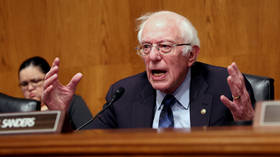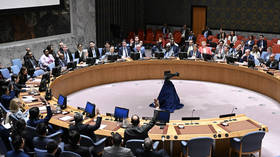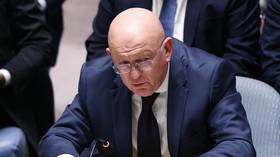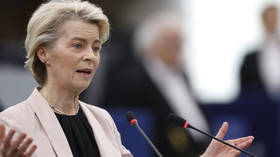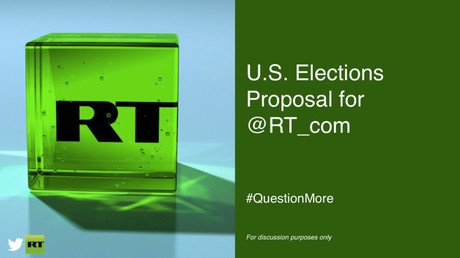BBC programing may violate Russia’s anti-extremism laws – watchdog
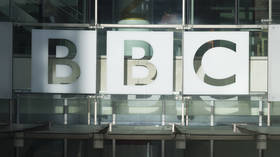
Some BBC online reports may violate a Russian law which bans spreading the ideologies of terrorist organizations, the country’s media watchdog found in a probe launched in response to the British regulator’s ruling against RT.
The content in question contained the quotes of Al-Baghdadi, the head of Islamic State (IS, formerly ISIS/ISIL), according to the statement from Roskomnadzor. The broadcaster’s websites, including the BBC Russian Service, are under investigation.
“The probe is underway to check if these materials violate Russian anti-extremism law,” the statement said. The watchdog is also monitoring programs from BBC World News in Russia.
Last month, the Russian media regulator launched a probe of BBC’s output after its British counterpart Ofcom found RT in breach of its rules in seven cases.
There were many questions regarding the BBC’s biased coverage of various events, Russian President Vladimir Putin’s spokesperson, Dmitry Peskov, said at the time.
Ofcom’s report on RT stated that out of ten cases reviewed, seven were in violation of impartiality rules. Of those, five are episodes of talk shows hosted by George Galloway and Peter Lavelle and two are news pieces. The programs were aired between March 17 and April 26.
Two of programs that Ofcom ruled were lacking impartiality were about the Salisbury poisoning case last March, which were critical of London’s handling of the case.
RT’s Editor-in-Chief Margarita Simonyan said the decision left little doubt that, in RT’s case, Ofcom simply acts as a tool of political persecution on behalf of the British government.
“[British Prime Minister] Theresa May said her government wants to oust ‘Russian propaganda’ after the Skripal case started. Ofcom immediately started its probe. Six months later it declared us guilty,” she said.





